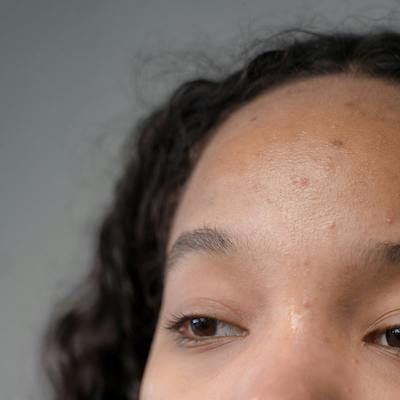Video
Michael C. Cameron, MD: Reflecting on Real-World Abrocitinib
Author(s):
An investigator argues for greater prescriber understanding and communication of real-world efficacy and safety outcomes for the latest oral JAK inhibitor approved for atopic dermatitis.
The US Food and Drug Administration (FDA) approved abrocitinib (CIBINQO) for the treatment of adults with moderate to severe, inadequately controlled atopic dermatitis in January 2022—expanding the utility of oral Janus kinase (JAK) inhibitors in chronic skin disease management.1
One year later, they expanded its label to include adolescents aged 12 - 18 years old on the basis of the phase 3 JADE TEEN trial data.2
Having been an available agent for atopic dermatitis for more than 1 year—and now available to even younger patients who struggle to respond to other systemic therapies—abrocitinib may be underutilized and misunderstood by prescribers, one clinician explained.
In an interview with HCPLive during the Fall Clinical Dermatology 2023 Conference for PAs & NPs in Orlando, FL, this weekend, abrocitinib investigator Michael C. Cameron, MD, founder of Cameron Dermatology and assistant clinical professor at Mount Sinai, discussed how the previous boxed label warning for safety associated with tofacitinib has impacted his peers’ appreciation for other JAK inhibitors like abrocitinib.
“I unfortunately think they’re a bit misunderstood,” Cameron said. “We need to get more and more comfortable using these therapies, because we’re going to have oral JAK inhibitors for vitiligo at some point, we’re going to have more JAK inhibitors for alopecia areata, and we’re using them off-label for a variety of diseases.”
Cameron described abrocitinib as highly efficacious and “much more safe than we realize,” arguing that its prescribed use for chronic diseases like atopic dermatitis is more frequent outside the US due to concerns stemming from the tofacitinib label.
As such, he stressed the importance of a “fair and balanced” clinician-patient discussion surrounding not only the real-world safety data of specific JAK inhibitor options, but also a patient’s eligibility for abrocitinib in the first place.
“If they’ve gotten prednisone in the past, or methotrexate, or any systemic therapy—it doesn’t have to be (dupilumab)—or when they’re inadvisable…that really opens up, based on the label language, that something like abrocitinib really is a good therapy for a variety of patients,” Cameron said.
On the subject of the FDA’s adolescent indication this year, Cameron said it “means a lot” for the prospective use of abrocitinib.
“I think when the FDA approves something in the adolescent population, it makes it clear that they feel very comfortable with the safety—and I think that helps with the adult population,” he said. “So many of our adolescent patients are needle-phobic, and they want efficacious and safe oral therapies, so it’s made a big deal.”
Cameron also discussed the state of organization-level prescribing guidelines for dermatologists navigating the growing field of systemic therapy options, and the prospect of achieving precision care medicine in dermatology.
“I think we need more and more of that—we need to collaborate and get more specific guidelines for providers in terms of when to use which agents,” he said. “Although I think precision care is a really exciting idea, in terms of identifying endotypes and things like that, I don’t know how economically feasible it is.”
References
- Butera A. FDA Approves Abrocitinib for Moderate to Severe Atopic Dermatitis in Adult Patients. HCPLive. Published January 14, 2022. https://www.hcplive.com/view/fda-approves-abrocitinib-atopic-dermatitis-in-adults
- Walter K. FDA Expands Label for Abrocitinib to Include Adolescents With Atopic Dermatitis. HCPLive. Published February 10, 2023. https://www.hcplive.com/view/fda-expands-label-abrocitinib-include-adolescents-atopic-dermatitis





